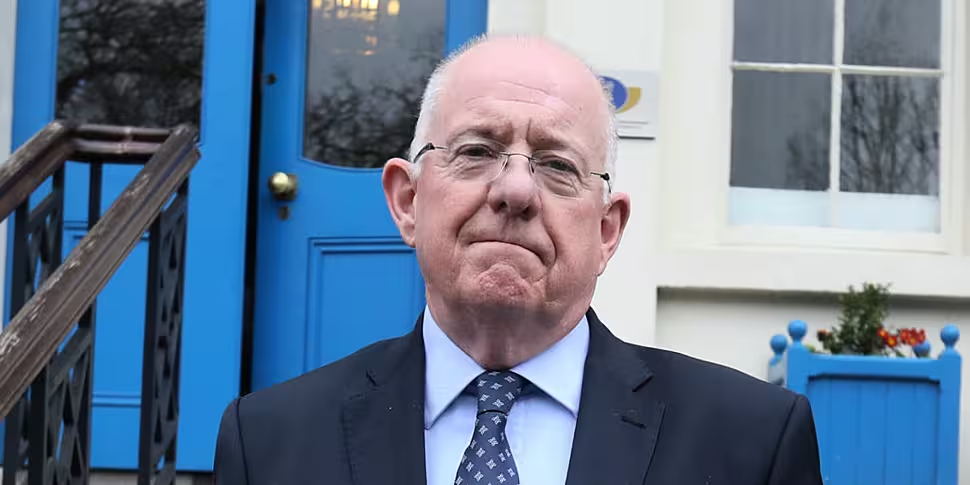The Justice Minister has claimed there's an urgent need for 'root & branch' Seanad reform or a second referendum on the upper house.
It comes as the controversial Judicial Appointments Bill remains before the Seanad.
That's despite the legislation having made it through the Dáil last May.
Under the proposals, a new Judicial Appointments Commission would be established, with a lay-chairperson and a majority of lay-members.
It means a majority of lay people from outside the legal profession would be on the board that appoints judges.
The bill has drawn significant criticism - including from Attorney General Seamus Woulfe, who last year described the legislation as a "dog’s dinner".
The Council of Europe's anti-corruption body (GRECO) also said it has 'significant concerns' about the bill.
It called for the bill to be reconsidered in order to limit any "potential risks of improper influence from the executive/political power over the appointment process".
Seanad process
The bill has been one of Transport Minister Shane Ross' main priorities in government.
However, an article in the Sunday Business Post today details the strong opposition the bill has faced in the Seanad.
The paper suggests: "Eight months, 63 amendments and 75 hours of Seanad time later, the judicial appointments bill is still going nowhere."
One prominent opponent, Senator Michael McDowell, has called the bill 'fundamentally flawed' and submitted dozens of amendments.
Every amendment requires a response from the Justice Minister.
Responding to the article on Twitter, Minister Charlie Flanagan wrote: "The conduct of the Judicial Appointments Bill in our Seanad underlines the urgent need for root & branch Seanad reform or a second referendum."
The conduct of the Judicial Appointments Bill in our Seanad underlines the urgent need for root & branch Seanad reform or a second Referendum. https://t.co/M2aWfU9tSr
— Charlie Flanagan (@CharlieFlanagan) March 3, 2019
Irish voters were asked whether they wanted to abolish the Seanad in 2013.
They rejected the proposal by 51.7% to 48.3%.
A report on Seanad reform has since been completed.
However, there has little movement on the proposed changes to the upper house.









